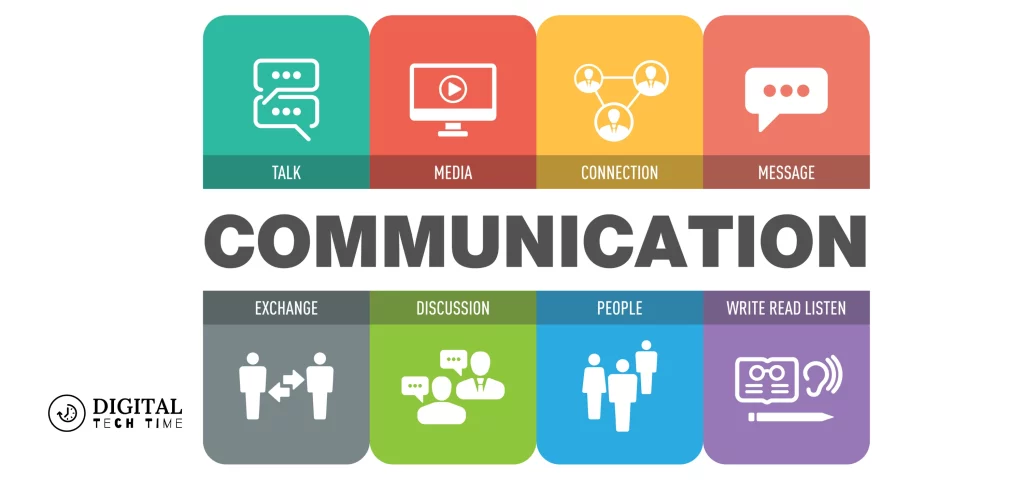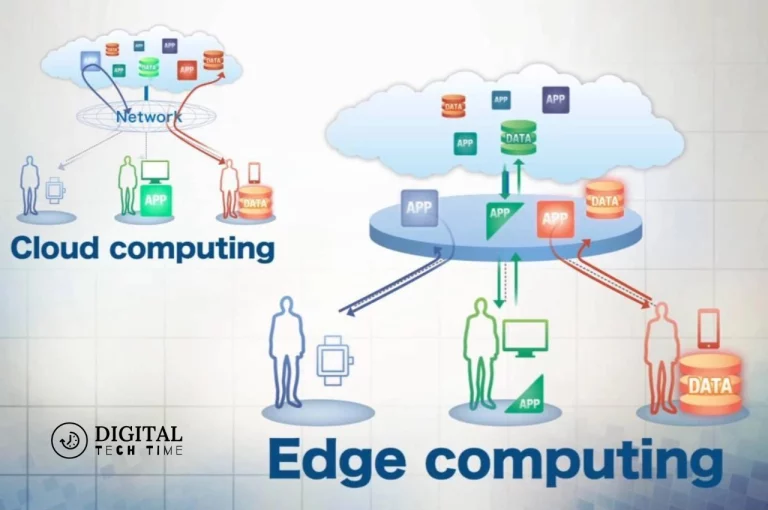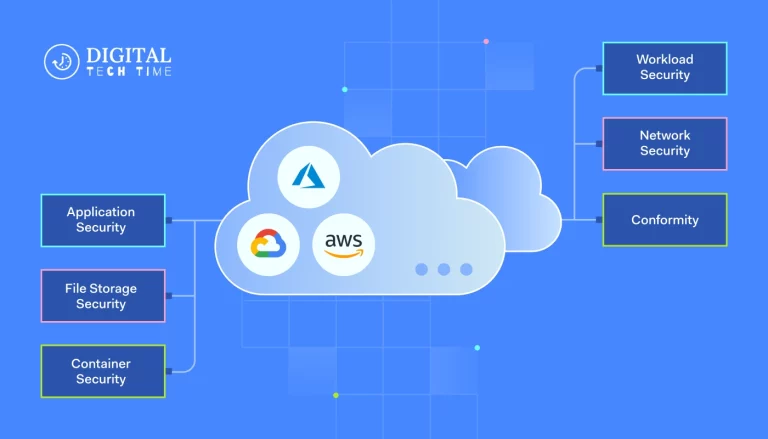How Has the Internet Improved Business Communication Worldwide?
The Internet has ushered in a transformative era, revolutionizing how businesses communicate and interact globally. This digital marvel has transcended boundaries, connecting individuals and organizations across continents with unprecedented speed and efficiency. The impact of the Internet on business communication has been profound, reshaping industries and redefining how we connect and collaborate.
Table of Contents
Traditional Methods of Business Communication

Traditional business communication methods, such as face-to-face meetings, telephone calls, and postal services, have been the primary means of exchanging information and ideas for decades. While these methods have served their purpose, they often come with inherent limitations, including geographical barriers, time constraints, and high operational costs.
How the Internet has Improved Business Communication Worldwide

The Internet has profoundly transformed the landscape of global business communication, offering many advantages that have revolutionized how we connect and collaborate. Among the most significant improvements, three standout options have emerged:
Option 1: Enhanced Speed and Efficiency
One of the Internet’s most remarkable benefits is the unprecedented speed at which information can be exchanged. Gone are the days of waiting weeks or months for crucial documents or data to be delivered via traditional methods. Businesses can instantaneously share files, exchange emails, and conduct video conferences with the Internet, enabling real-time communication and decision-making across vast distances.
This enhanced speed and efficiency have streamlined workflows, reduced operational costs, and empowered businesses to respond swiftly to market demands and customer needs. Furthermore, the ability to communicate seamlessly across time zones has facilitated global collaboration, enabling teams to work around the clock and leverage diverse perspectives from professionals worldwide.
Option 2: Expanded Reach and Global Connectivity
The Internet has obliterated geographical barriers, enabling businesses to establish a global presence and connect with customers, partners, and stakeholders worldwide. Through digital platforms, companies can showcase their products and services to a vast international audience, fostering brand awareness and expanding their customer base.
Moreover, the Internet has facilitated cross-cultural communication, bridging gaps between diverse cultures and fostering a deeper understanding of global markets. Businesses can tailor their messaging and strategies to resonate with audiences worldwide, ensuring effective communication and cultivating meaningful connections.
Option 3: Collaboration and Remote Work Opportunities
The Internet has revolutionized the way teams collaborate, transcending physical boundaries. Cloud-based platforms and collaborative tools have enabled seamless file sharing, real-time document editing, and virtual meetings, fostering a dynamic and flexible work environment.
Remote work opportunities have become increasingly prevalent, allowing businesses to tap into a global talent pool and assemble teams comprising the best individuals, regardless of geographical location. This enhances productivity and efficiency, promotes work-life balance, and attracts top talent worldwide.
Tools and Technologies for Effective Online Business Communication

A wide array of tools and technologies have emerged to fully leverage the power of the Internet for business communication. From email and instant messaging platforms to video conferencing software and project management applications, businesses have many options at their disposal. Choosing the right tools based on specific needs and integrating them seamlessly into daily operations is crucial for maximizing productivity and fostering effective communication.
- Email and instant messaging: Email remains a cornerstone of business communication, enabling rapid information exchange and document sharing. Instant messaging platforms like Slack or Microsoft Teams facilitate real-time conversations, fostering collaboration and quick decision-making.
- Video conferencing: Tools like Zoom, Google Meet, and Microsoft Teams have revolutionized virtual meetings, enabling face-to-face interactions, screen sharing, and seamless collaboration, regardless of location.
- Project management software: Applications like Asana, Trello, and Jira streamline project coordination, task assignment, and progress tracking, ensuring transparent communication and accountability among team members.
- Cloud storage and file-sharing: Services like Google Drive, Dropbox, and OneDrive facilitate secure file storage and sharing, enabling teams to collaborate on documents in real-time and eliminating version control issues.
- Social media and digital marketing: Platforms like LinkedIn, Twitter, and Facebook provide businesses with powerful channels to connect with customers, promote their brand, and engage with their target audience globally.
Overcoming Challenges in Online Business Communication
While the Internet has transformed business communication, it has its challenges. Potential security risks, such as cyber threats and data breaches, demand robust cybersecurity measures and adherence to best practices. Additionally, cultural differences and language barriers can hinder effective communication, necessitating sensitivity and adaptability.
Furthermore, reliance on digital communication can sometimes lead to miscommunication or misinterpretation due to the lack of nonverbal cues and personal interactions. Businesses must strive to strike a balance between digital efficiency and human connection, fostering an environment that values technological advancements and interpersonal relationships.
The Future of Business Communication in the Digital Age
As technology continues to evolve rapidly, the future of business communication promises even more exciting developments. Artificial intelligence (AI) and machine learning advancements are poised to revolutionize communication processes, enabling intelligent automation, real-time language translation, and predictive analytics for optimized customer interactions.
Moreover, integrating virtual and augmented reality (VR/AR) technologies may redefine how businesses conduct meetings, training sessions, and product demonstrations, creating immersive and engaging experiences that transcend physical boundaries.
As we navigate this digital age, businesses must remain agile and adaptable. They must embrace the ever-evolving landscape of communication technologies while maintaining a human-centric approach that fosters meaningful connections and nurtures lasting relationships.
Read Also: 10 Ways to Fix WiFi Connected but No Internet Access in Windows
Frequently Asked Questions (FAQs)
How has the Internet revolutionized business communication?
The Internet has transformed business communication by enabling instantaneous information exchange, facilitating global connectivity, fostering collaboration across geographical boundaries, and providing a wealth of digital tools for effective communication and collaboration.
What are some common challenges faced in online business communication?
Potential challenges include cybersecurity risks, cultural differences, language barriers, and the risk of miscommunication due to the lack of non-verbal cues. Businesses must implement robust security measures, promote cultural sensitivity, and balance digital efficiency and human connection.
What role do collaboration tools play in online business communication?
Collaboration tools like project management software, cloud storage, and file-sharing platforms enable seamless teamwork, real-time document editing, and transparent communication among remote teams. These tools streamline workflows and foster productivity, regardless of location.
How can businesses leverage social media for effective communication?
Social media platforms provide businesses with powerful channels to connect with customers, promote their brand, and engage with their target audience globally. By crafting compelling content and leveraging targeted advertising, businesses can effectively communicate their message and foster meaningful relationships with their audience.
Conclusion
The internet has undoubtedly revolutionized the way businesses communicate and connect globally. By harnessing the power of digital tools and technologies, organizations can enhance speed and efficiency, expand their reach and international connectivity, and foster collaboration and remote work opportunities like never before.
As we navigate the ever-evolving digital landscape, it is crucial for businesses to embrace the internet’s transformative potential while remaining vigilant about potential challenges and maintaining a human-centric approach. By striking a balance between technological advancements and meaningful human connections, businesses can unlock new heights of success and thrive in the dynamic global marketplace.







